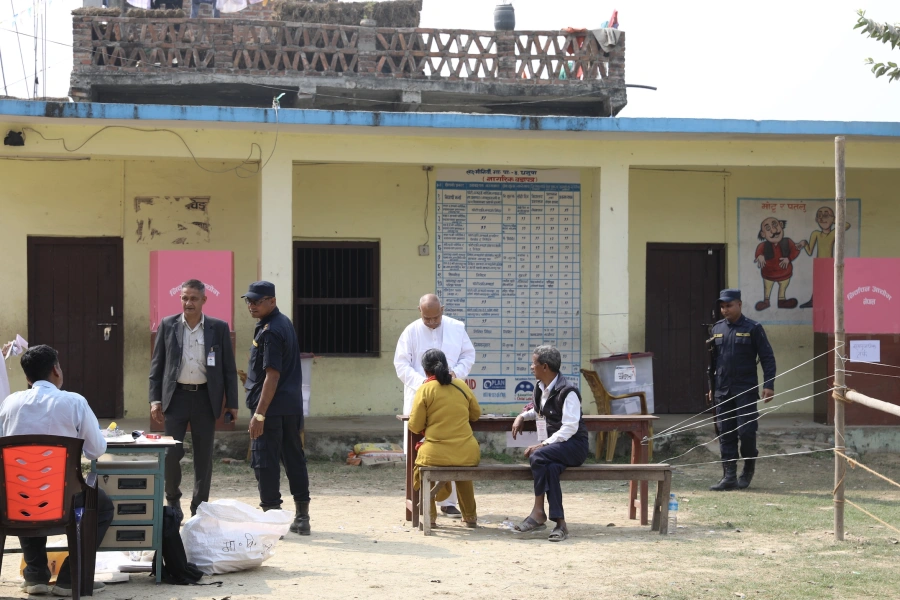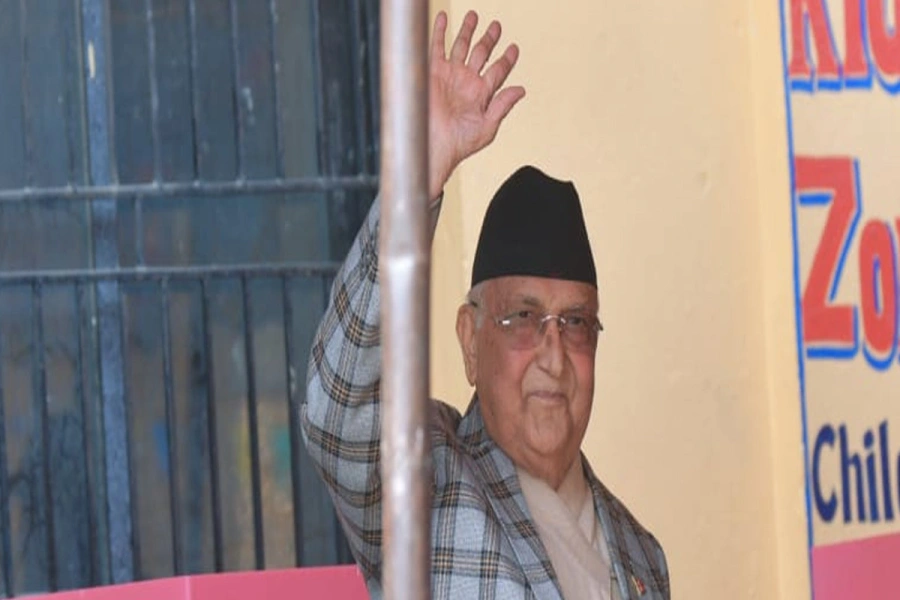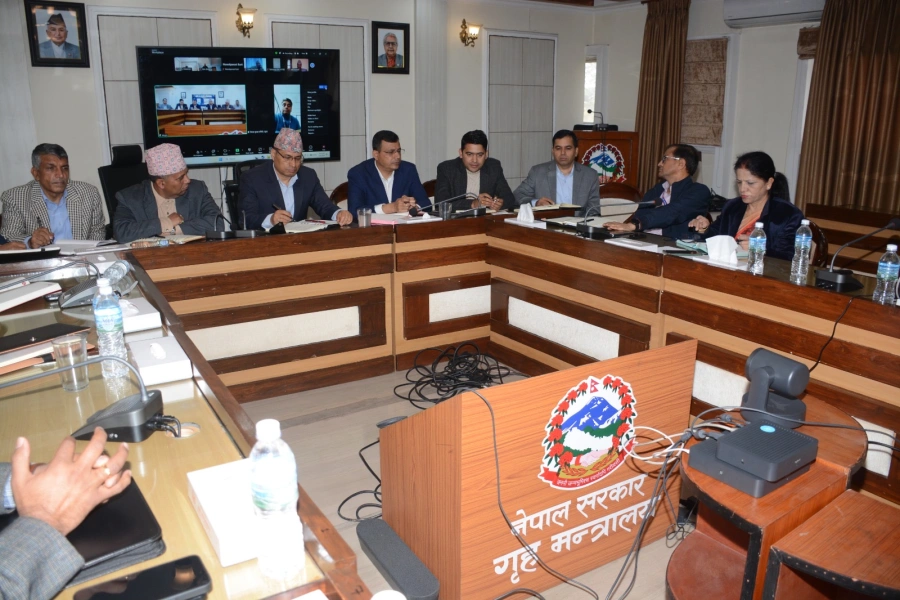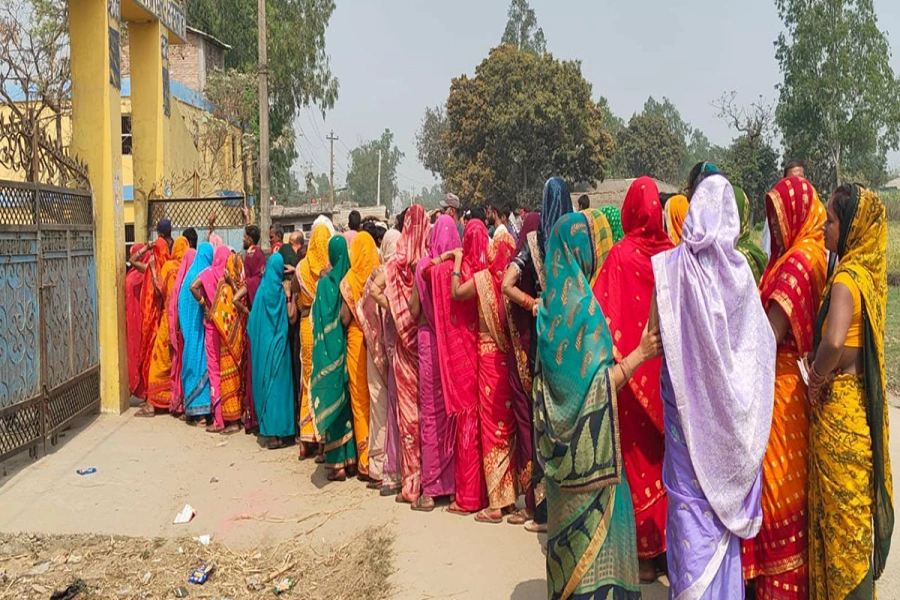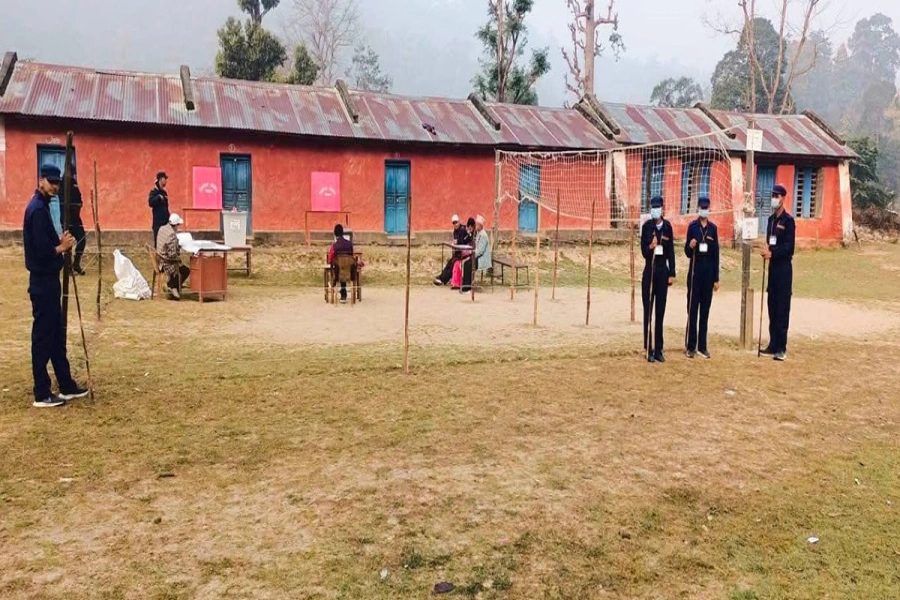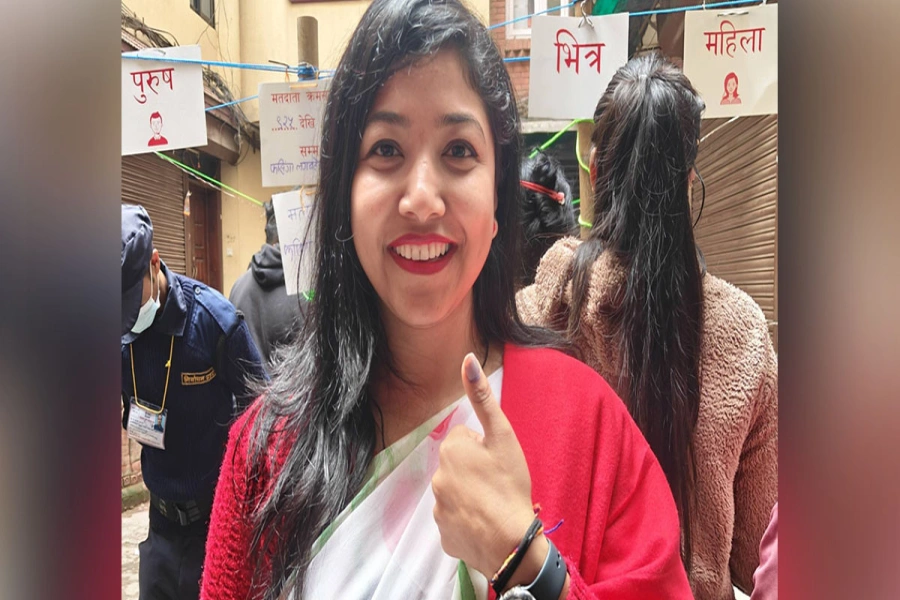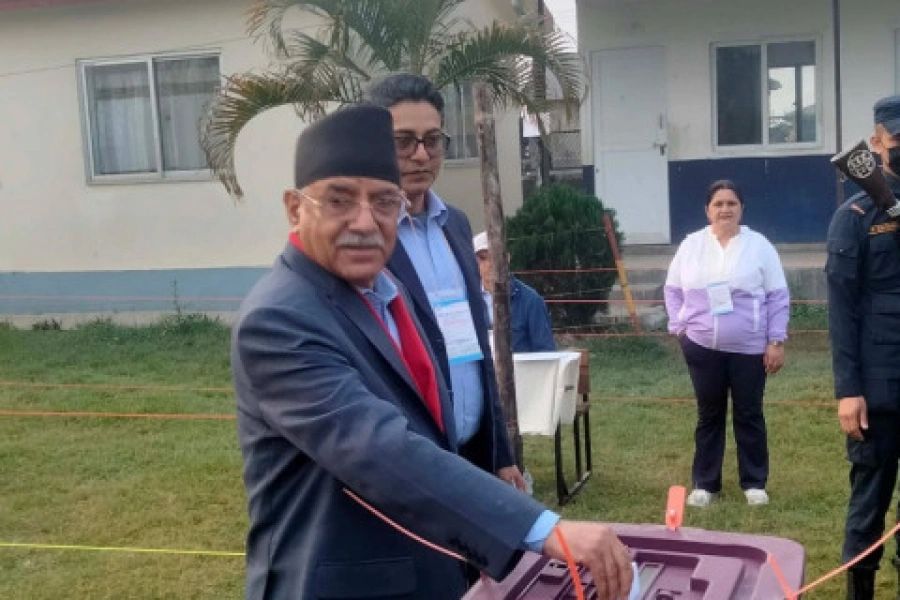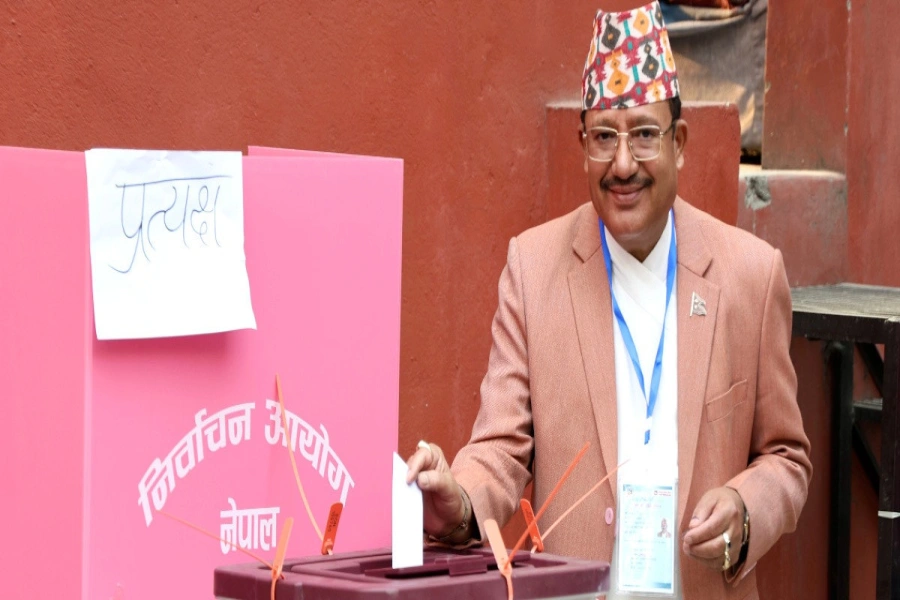ILAM, August 16: China has indicated that it will import Nepali tea at a time when efforts are being made to enact a law to stop its import in India. The Government of Nepal, through the Chinese Embassy in Kathmandu, had been requesting China to import Nepali tea.
Recently, when Foreign Minister Narayan Khadka went on a visit to China, the northern neighbor gave a positive response about importing Nepali tea. The Executive Director of National Tea and Coffee Development Board, Dr Bishnu Bhattarai said that the way to export Nepali tea to China will now be opened.
“As there were various obstacles to the export of tea, we were also looking for a long-term solution for export through the ministry and the embassy,” said Dr Bhattarai. “China has given a positive response to the government's request.” He said that according to the bilateral agreement, the way to prepare standards for Nepali tea export to China has opened at present. “The detailed planning and work to determine the quality of tea and how to export remains to be done now.”
Lack of conservation area for rare tea plant

India holds the market of about 80 percent of the more than 2.5 million kilograms of tea produced annually in Nepal. The remaining tea is consumed domestically and also exported to third countries. However, as India is repeatedly trying to stop the import of Nepali tea under various pretexts, Nepali traders and businesses are upset.
Earlier, a proposal was raised in the Lok Sabha (Lower House) and Rajya Sabha (Upper House) of India to impose a tax of up to 40 percent on the import of Nepali tea, stating that the tea was of low quality. As many as 30 Indian MPs had submitted a report to Rajya Sabha and Lok Sabha Speaker with a proposal to discourage the import of Nepali tea. Due to this, Nepali tea traders, farmers and stakeholders demanded the government to ensure a long-term market for tea.
Dr Bhattarai said that the Ministry of Commerce and Foreign Affairs and the Indian Embassy have also taken initiatives to solve the problem. “After a meeting with the Prime Minister, there was a discussion on the export of Nepali tea to the relevant places in India through the embassy,” he said, “The obstacle to the export of Nepali tea to India may be removed soon.”
Similarly, tea industrialist Uday Chapagain said that although the market potential of Nepali tea in China is huge, the government should work hard to facilitate its export. He said that it would not be easier to export tea to China. According to Chapagain, Nepali tea to be exported to China must fulfill at least four provisions. "Nepali tea should be registered in the General Administration of Customs of the Chinese government and should be certified," he said.
He said that only the government of Nepal can do this work, not industrialists and farmers. “It is not enough to have an agreement for trade as only the government can build a way to easily take Nepali tea there,” said Chapagain, “The work of farmers and industrialists is to ensure the quality of tea is high.”



